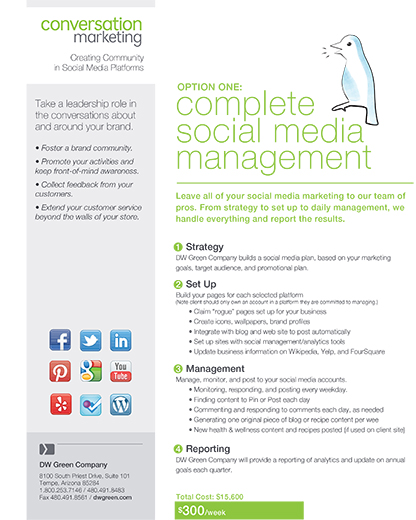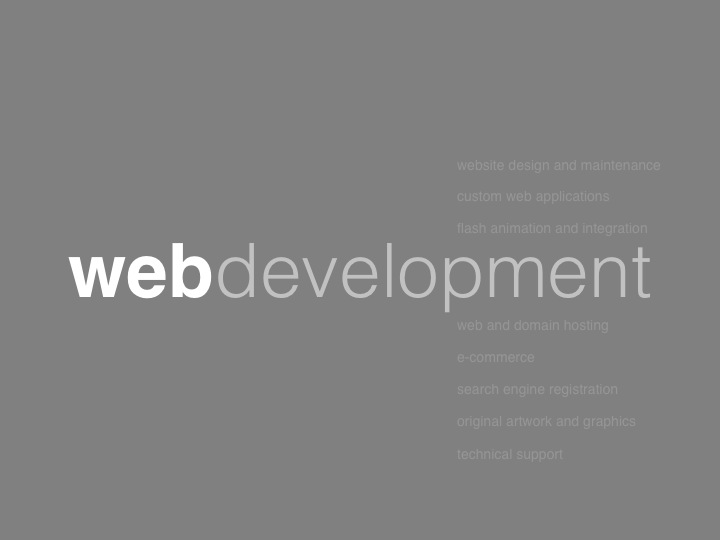DW's Blog
The Purity Trap: When Being Right Goes Wrong
by DW Green — June 25, 2025

“What would it look like to hold our convictions strongly while remaining curious about our blind spots?”
I caught myself doing it again last week.
I was scrolling through social media, feeling a familiar surge of righteous indignation at a political post. “How can they be so hypocritical?” I thought. “Don’t they see they’re doing exactly what they accuse us of doing?”
Then it hit me: wasn’t I doing the same thing? Wasn’t I accusing them of the very behavior I was engaging in—pointing fingers while remaining blind to my own contradictions?
This uncomfortable moment of recognition led me to what I’ve come to call the “purity trap”—a psychological snare that seems to be tightening around our political discourse, and one I suspect we’ve all fallen into more often than we’d care to admit.
The Seductive Logic of Purity
Here’s how the trap works: When we deeply believe in our cause—whether it’s social justice, individual freedom, environmental protection, or economic prosperity—we naturally want to see ourselves as the good guys. This isn’t inherently problematic. Caring about principles and values is part of what makes us human.
But something curious happens when our identity becomes too tightly wound around being “right.” We begin to need others to be “wrong” in order to maintain our sense of moral clarity. The purity of our cause requires the impurity of theirs.
I’ve noticed this in myself. When I’m most certain about a political position, I’m often least curious about opposing viewpoints. When I’m most convinced of my side’s righteousness, I’m most blind to our own contradictions. It’s as if maintaining my “good person” identity requires me to project everything I find unacceptable about human nature onto the other side.
The Mirror We Don’t Want to See
What if our political opponents aren’t just wrong—what if they’re mirrors reflecting back aspects of ourselves we haven’t fully acknowledged?
Consider how often we accuse the other side of behaviors our own side engages in:
- We condemn their propaganda while sharing our own biased sources
- We criticize their echo chambers while rarely engaging with dissenting views
- We deplore their emotional manipulation while using fear and outrage to mobilize our base
- We attack their hypocrisy while remaining blind to our own inconsistencies
I’m not suggesting both sides are equally wrong about everything. Real policy differences matter, and some positions are more defensible than others. But I am wondering if our need to maintain moral purity might be preventing us from seeing clearly—both about our opponents and ourselves.
The Cost of Certainty
When we’re trapped in purity, we lose more than just perspective. We lose effectiveness. How can we solve complex problems if we can’t acknowledge our own role in creating them? How can we build bridges if we refuse to recognize our common humanity with those we oppose?
The purity trap also costs us growth. If I’m already on the right side of every issue, what’s left to learn? If my worldview is complete and correct, why would I need to evolve? The very certainty that feels so satisfying actually becomes a barrier to the self-examination that could make me a better person and a more effective advocate for my values.
A Different Kind of Strength
What would it look like to hold our convictions strongly while remaining curious about our blind spots? What if acknowledging our own capacity for the behaviors we condemn in others made us more credible, not less?
I think of the most influential leaders I know—people who’ve actually changed minds and built coalitions. They tend to be those who can say, “I believe deeply in this cause, and I’m probably wrong about some aspects of it. Help me see what I’m missing.”
This isn’t weakness disguised as humility. It’s the kind of strength that can only come from someone secure enough in their identity to question their own assumptions.
Questions Worth Asking
So here’s what I’m curious about, both for myself and anyone willing to join this uncomfortable exploration:
What if the behaviors that most irritate us in our political opponents are clues to our own shadow? What if our strongest reactions point to our deepest blindness?
Where are we most certain we’re right? And what might we be unable to see precisely because of that certainty?
What would it cost us to acknowledge that our opponents might have legitimate concerns, even if we disagree with their solutions? What would it cost us not to?
I don’t have answers to these questions—I’m not even sure they have clean answers. But I’m finding that sitting with them, uncomfortably, is changing how I engage with political differences. It’s making me more curious and, I hope, more effective.
After all, if we want to change the world, maybe we need to start by changing ourselves. And that begins with the courage to look in the mirror, even when—especially when—we don’t like what we see.
What do you think? What have you noticed about your own purity traps?
Read More – The Head Honcho
Filed Under: DW's Blog





















































